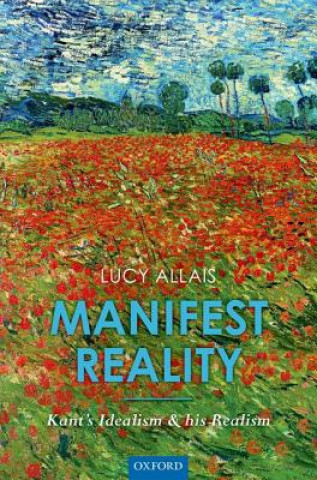
Kód: 09231614
Manifest Reality
Autor Lucy Allais
At the heart of Immanuel Kant's critical philosophy is an epistemological and metaphysical position he calls transcendental idealism; the aim of this book is to understand this position. Despite the centrality of transcendental id ... celý popis
- Jazyk:
 Angličtina
Angličtina - Vazba: Pevná
- Počet stran: 342
Nakladatelství: Oxford University Press, 2015
- Více informací o knize

Mohlo by se vám také líbit
-

Magnetic Molecular Materials, 1
6578 Kč -
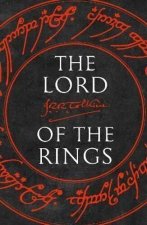
The Lord of the Rings
596 Kč -
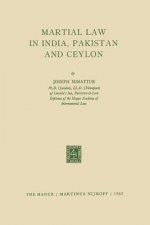
Martial Law in India, Pakistan and Ceylon
1681 Kč -

My Father, Sholom Aleichem
736 Kč -

Solution Squared
842 Kč -

Corporate Finance, Global Edition
3067 Kč -

Knowledge-Based Entrepreneurship
743 Kč -

Wine Faults
1075 Kč -
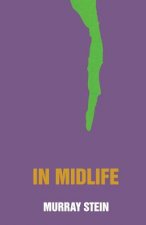
In Midlife
732 Kč -

Last Hope
924 Kč -

Language of Peace
3177 Kč -

Beautiful Demon
474 Kč -

Search for a Theology of Resuscitation
343 Kč -

No Stinkin' Grammar
765 Kč
Darujte tuto knihu ještě dnes
- Objednejte knihu a zvolte Zaslat jako dárek.
- Obratem obdržíte darovací poukaz na knihu, který můžete ihned předat obdarovanému.
- Knihu zašleme na adresu obdarovaného, o nic se nestaráte.
Více informací o knize Manifest Reality
Nákupem získáte 268 bodů
 Anotace knihy
Anotace knihy
At the heart of Immanuel Kant's critical philosophy is an epistemological and metaphysical position he calls transcendental idealism; the aim of this book is to understand this position. Despite the centrality of transcendental idealism in Kant's thinking, in over two hundred years since the publication of the first Critique there is still no agreement on how to interpret the position, or even on whether, and in what sense, it is a metaphysical position. Lucy Allais argue that Kant's distinction between things in themselves and things as they appear to us has both epistemological and metaphysical components. He is committed to a genuine idealism about things as they appear to us, but this is not a phenomenalist idealism. He is committed to the claim that there is an aspect of reality that grounds mind-dependent spatio-temporal objects, and which we cannot cognize, but he does not assert the existence of distinct non-spatio-temporal objects. A central part of Allais's reading involves paying detailed attention to Kant's notion of intuition, and its role in cognition. She understands Kantian intuitions as representations that give us acquaintance with the objects of thought. Kant's idealism can be understood as limiting empirical reality to that with which we can have acquaintance. He thinks that this empirical reality is mind-dependent in the sense that it is not experience-transcendent, rather than holding that it exists literally in our minds. Reading intuition in this way enables us to make sense of Kant's central argument for his idealism in the Transcendental Aesthetic, and to see why he takes the complete idealist position to be established there. This shows that reading a central part of his argument in the Transcendental Deduction as epistemological is compatible with a metaphysical, idealist reading of transcendental idealism.
 Parametry knihy
Parametry knihy
Zařazení knihy Knihy v angličtině Humanities Philosophy History of Western philosophy
2683 Kč
- Plný název: Manifest Reality
- Podnázev: Kant's Idealism and His Realism
- Autor: Lucy Allais
- Jazyk:
 Angličtina
Angličtina - Vazba: Pevná
- Počet stran: 342
- EAN: 9780198747130
- ISBN: 0198747136
- ID: 09231614
- Nakladatelství: Oxford University Press
- Hmotnost: 694 g
- Rozměry: 168 × 241 × 27 mm
- Datum vydání: 03. September 2015
Oblíbené z jiného soudku
-

Meditations
245 Kč -

The Myth of Sisyphus
169 Kč -

Why I Am so Clever
91 Kč -

Meditations
410 Kč -

Republic
279 Kč -

Beyond Good and Evil
258 Kč -

Gay Science
316 Kč -

Aphorisms on Love and Hate
90 Kč -
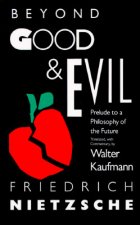
Beyond Good & Evil
322 Kč -
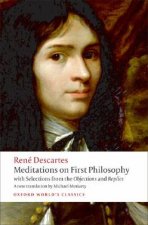
Meditations on First Philosophy
253 Kč -
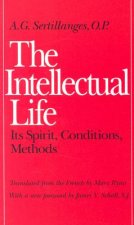
Intellectual Life
454 Kč -

Socrates' Defence
90 Kč -

Discourses, Fragments, Handbook
306 Kč -

Ride the Tiger
493 Kč -

Thus Spoke Zarathustra
276 Kč -

Fear and Trembling
276 Kč -
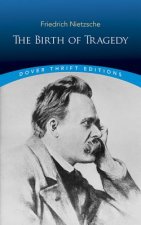
Birth of Tragedy
90 Kč -
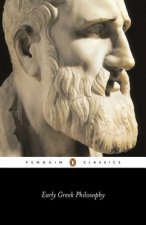
Early Greek Philosophy
357 Kč -
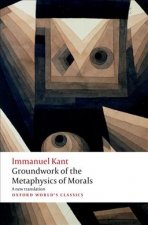
Groundwork for the Metaphysics of Morals
286 Kč -
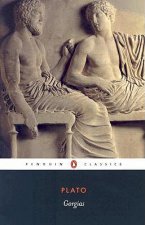
Gorgias
232 Kč -
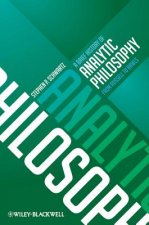
Brief History of Analytic Philosophy - From Russell to Rawls
955 Kč -
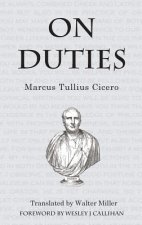
On Duties
323 Kč -

Discourses and Selected Writings
306 Kč -

Nicomachean Ethics
136 Kč -

Nausea
276 Kč -

Letters from a Stoic
276 Kč -

Meditations
502 Kč -

Simulacra and Simulation
416 Kč -

Phenomenology of Spirit
551 Kč -

Twilight of the Idols with The Antichrist and Ecce Homo
136 Kč -

On Liberty, Utilitarianism and Other Essays
250 Kč -
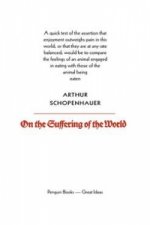
On the Suffering of the World
196 Kč -

Human Condition
511 Kč -

On the Shortness of Life
223 Kč -

Existentialism Is a Humanism
213 Kč -

Think
303 Kč -

Guide to the Good Life
434 Kč -
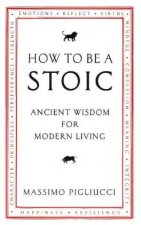
How To Be A Stoic
431 Kč -

The Symposium
233 Kč -

Human, All Too Human & Beyond Good and Evil
131 Kč -

At The Existentialist Cafe
358 Kč -
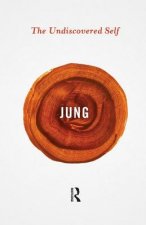
Undiscovered Self
708 Kč -
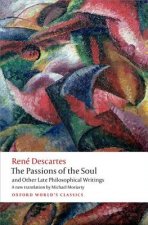
Passions of the Soul and Other Late Philosophical Writings
303 Kč -
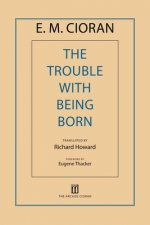
The Trouble With Being Born
306 Kč -
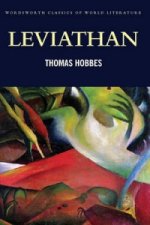
Leviathan
136 Kč -
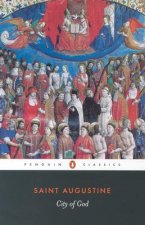
City of God
454 Kč -

Ecce Homo
302 Kč -
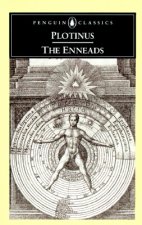
Enneads
381 Kč -

On Friendship
202 Kč
Osobní odběr Praha, Brno a 12903 dalších
Copyright ©2008-24 nejlevnejsi-knihy.cz Všechna práva vyhrazenaSoukromíCookies



 Vrácení do měsíce
Vrácení do měsíce 571 999 099 (8-15.30h)
571 999 099 (8-15.30h)